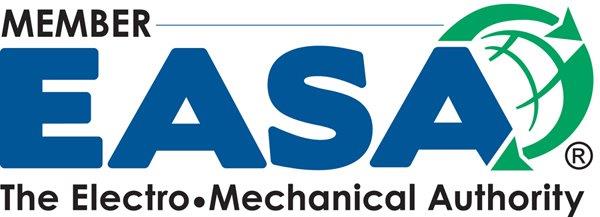When it comes to ensuring the safety and reliability of electrical equipment, high potential (hipot) testing is a crucial step in the manufacturing and maintenance processes. One key decision that engineers and technicians must make is whether to perform hipot testing using alternating current (AC) or direct current (DC). Understanding the key differences between AC and DC hipot testing is essential for making informed decisions that align with the specific requirements of the equipment being tested. Let’s delve into the nuances of AC and DC hipot testing to shed light on their respective advantages and applications.
AC Hipot Testing:
AC hipot testing involves applying a high-voltage AC signal to the device under test to check its insulation integrity and ability to withstand high voltages. The primary advantage of AC hipot testing is its ability to simulate real-world operating conditions more accurately, as most electrical systems operate on AC power.
- Suitable for Capacitive Loads: AC hipot testing is well-suited for testing capacitive loads, such as long cables and motors, as it allows for the measurement of both the capacitive and resistive components of leakage current.
- Identifying Partial Discharges: AC hipot testing can help identify partial discharges in insulation systems, providing valuable insights into potential weaknesses that may lead to failures over time.
DC Hipot Testing:
DC hipot testing involves applying a high-voltage DC signal to the device under test. While less common than AC hipot testing, DC hipot testing offers unique advantages in certain applications.
- Detecting Absorption Current: DC hipot testing is effective at detecting absorption current, which can reveal issues such as moisture ingress or contamination in the insulation system.
- Stress Testing Insulation: DC hipot testing can be used to stress test insulation systems by subjecting them to a constant high voltage, helping to uncover potential weaknesses that may not be apparent under normal operating conditions.
Choosing Between AC and DC Hipot Testing:
When deciding between AC and DC hipot testing, engineers must consider factors such as the type of equipment being tested, the insulation system in use, and the specific requirements of the testing standards. In some cases, a combination of both AC and DC hipot testing may be necessary to comprehensively assess the insulation integrity of the equipment.
Ultimately, the choice between AC and DC hipot testing should be based on a thorough understanding of the advantages and limitations of each method, as well as the specific goals of the testing process.
For expert guidance on hipot testing, motor repair, and maintenance services, contact The Pump & Motor Works, Inc. at https://pmwus.com/contact. Our team of experienced professionals is here to support your electrical equipment needs with precision and expertise.



